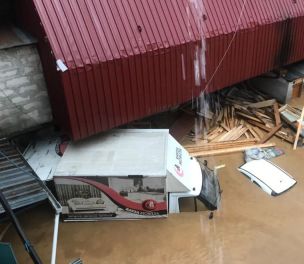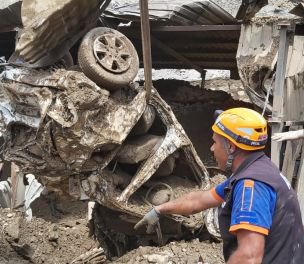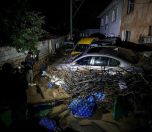* Photo: İstanbul / Anadolu Agency (AA)
Click to read the article in Turkish
Over the past week, heavy rains and hails have been especially effective in İstanbul, Bursa, Eskişehir, Çanakkale, İzmir, Bolu and Muğla.
While waterspouts were also witnessed in some parts of the country, these extreme weather conditions, coupled with insufficient infrastructure and unplanned urbanization, have affected daily life negatively.
While five people lost their lives in Turkey's northwestern Bursa province, one person was carried away by the water and got missing. In Esenyurt, İstanbul, flood claimed the life of one person. It affected not only the houses, but agricultural fields and animals as well.
Within this context, the 350 Ankara platform has released a report entitled "Concrete, Asphalt and Flood Disaster 2020."
The report of the platform has underlined that in some of the floods, the rainfall was within the limits of seasonal normals.
According to the report, one of the reasons for the recent floods in Turkey is that the roads of cities have been covered with more and more asphalt and concrete. Another reason cited in the report is the change of climate in these cities caused by an increased use of oil, coal and gas.
Floods from 1990 to 2018
Prepared based on the data of Concrete Producers Union of Turkey and Directorate General of Meteorology, the report of the 350 Ankara platform has shared the following information:
"While Turkey produces 20 million tons of wheat a year, it pours 40 million tons of asphalt and almost 80 million tons of concrete. In other words, a country that produces a quarter ton of wheat per person pours half a ton of asphalt and one ton of concrete per person.
"In 1990, Turkey experienced only 19 flood disasters. Having poured 50 million tons of asphalt and concrete in 2000, the country had 25 floods.
"While 98 million tons of asphalt and concrete were poured in 2010, the number of flood disasters increased to 162. In 2018, 114 million tons of asphalt and concrete were poured. In the same year, the number of floods increased by 19 times since the 1990s and reached 328."
'Don't pour asphalt, pedestrianize'
The report has made some requests within this context:
"While there is the coronavirus outbreak, do not allocate money for the asphalt, but allocate money for the outbreak. We say, 'Don't pour asphalt, but pedestrianize.' We expect policies that will not use or, even, remove the asphalt and concrete, rather than pouring them."
About 350 Ankara
350 Ankara is a collective work for climate. It aims that the amount of carbon dioxide in the atmosphere be 350 particles per million. 350 Ankara supports global protests. It consists of a collective work by teams, activists and organizations waging a struggle on the local level.
It is supported by the Consumer Associations Federation (TÜDEF), Association for Protection of Consumers and Climate (TÜVİK-DER), Ankara Photography Artists' Association (AFSAD), Middle East Technical University (METU) Alumni Association and Thursday Evening Cyclists - PAB Ankara. (TP/SD)





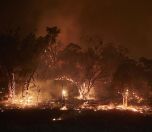
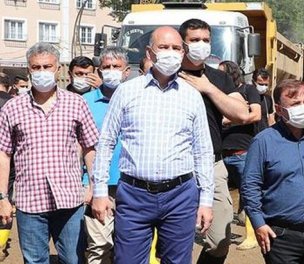
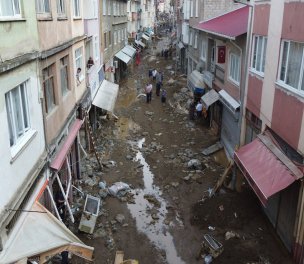

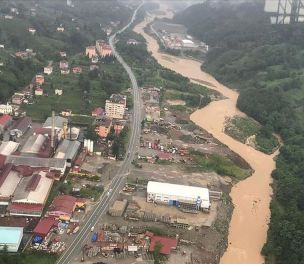
as.jpg)
